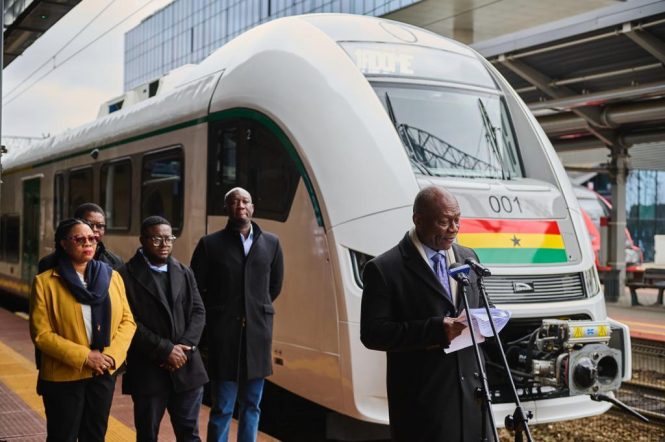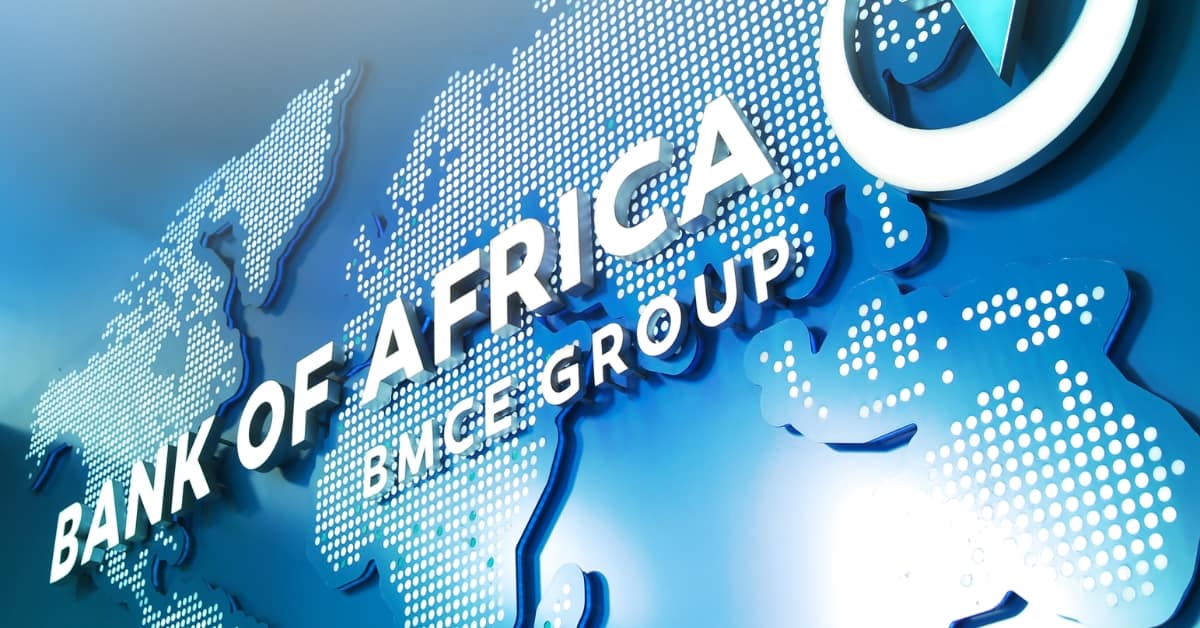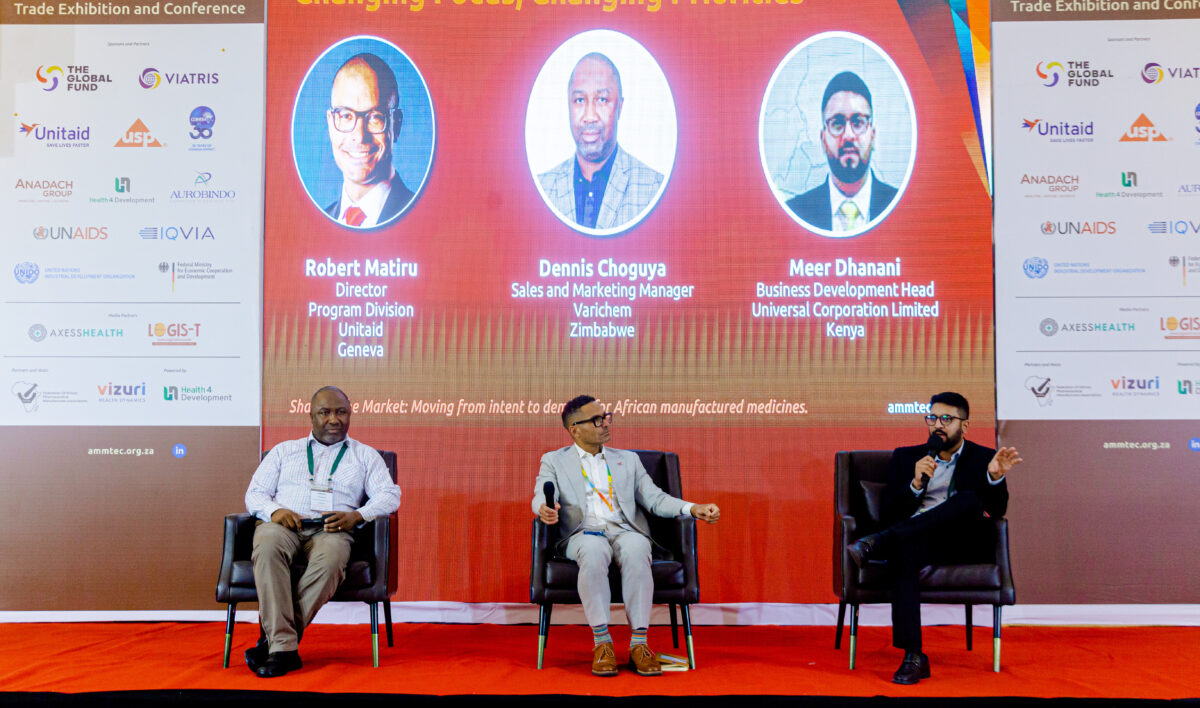V.A.O.B, a leading intermediary in the infrastructure sector, has announced the successful sale of its first rolling stock to the Government of Ghana, marking a significant milestone for Ghana’s railway transport sector.
This transformative transaction solidifies V.A.O.B’s position as a key player in fostering international collaboration, spearheading the Government of Ghana’s first-ever train purchase from a European country, and simultaneously, ushering Polish manufacturers’ inaugural entry into the African market. The success of this deal sheds light on V.A.O.B’s extensive experience in navigating complex transactions between major stakeholders in the infrastructure space.
Over the past two years, V.A.O.B has meticulously worked on negotiations and the structure of this deal to ensure mutual comfort between the involved parties. The contract entails the acquisition of 10 Standard Gauge trains, with the initial two earmarked for the Government of Ghana, and the remainder poised for deployment to other countries.
The Government of Ghana, having invested over a billion, is set to commission the first private rail company guided by V.A.O.B. Two trains are currently en route to commission a vital half-billion-dollar interconnectivity line for West Africa, linking Ghana to Burkina Faso—a crucial corridor for regional development. This pivotal moment is set to be formalised with the anticipated signing off by the head of the Ghana Railway Development Authority. This marks a significant step for the company in advising and supporting African nations in their railway investments.
V.A.O.B is currently engaged in ongoing discussions with several African countries expressing interest in procuring rolling stock from European manufacturers. Plans are underway to sell the remaining eight trains to these nations. The ongoing negotiations will play a determining role in V.A.O.B’s efforts to shape the future of African railway infrastructure and become the primary choice for selling and leasing trains to African governments and rail operators.
V.A.O.B’s goal is to help improve economic development in African nations through structuring favourable financing conditions that will help African governments acquire the vital infrastructure needed to transform their countries. Beyond rail, V.A.O.B is a strategic partner in government relations and advancing infrastructure financing and development in projects concerning but not limited to energy, construction, health, mining, oil, sanitation and education.
The trains have been constructed with a durability expectation of over 30 years. In anticipation of extending its operational lifespan, Ghana has entered into a five-year maintenance contract, with aspirations to prolong this agreement to a decade. This strategic move aims to ensure the trains’ longevity for the Ghanaian populace.
The modern Diesel Multiple Units (DMUs) are slated for arrival towards late February or early March 2024, to undergo testing and become operational on the newly constructed 100km Tema-Mpakadan railway line. The official commissioning by the President of Ghana is anticipated to occur in June 2024. Notably, the majority of Ghana’s railway lines are of narrow gauge. In a significant development, the Ghanaian government has unveiled an ambitious master plan to construct 4000km of rail lines, signifying a strong commitment to revitalising the rail sector.
Overall Train Specifications:
The details of a two-car standard gauge diesel multiple unit, designated for regional service on the Tema-Mpakadan railway line in Ghana. Each set can reach speeds up to 120 km/h. The first unit offers 131 seats, contributing to a total seating capacity of 226, and operates with a power output of 780 kW. It adheres to the emission standard level IIIB as outlined by EU Directive 2004/26. The second unit, DMU 002 – PESA Regio160, provides 141 seats, with an overall capacity of 222 seats, and has a power output of 750 kW, complying with emission standard level V according to EU Directive 2016/1628.
Tractive Appliance Type: Equipped with an automatic coupling, type 10 head, and a coupling adapter, the units can be connected to vehicles featuring standard couplings and buffers.
Bogie Configuration: The vehicle configuration includes three bogies: two are utilised for driving (end bogies), and one is positioned in the centre (centre bogie) to support the structure.
Railways Africa





